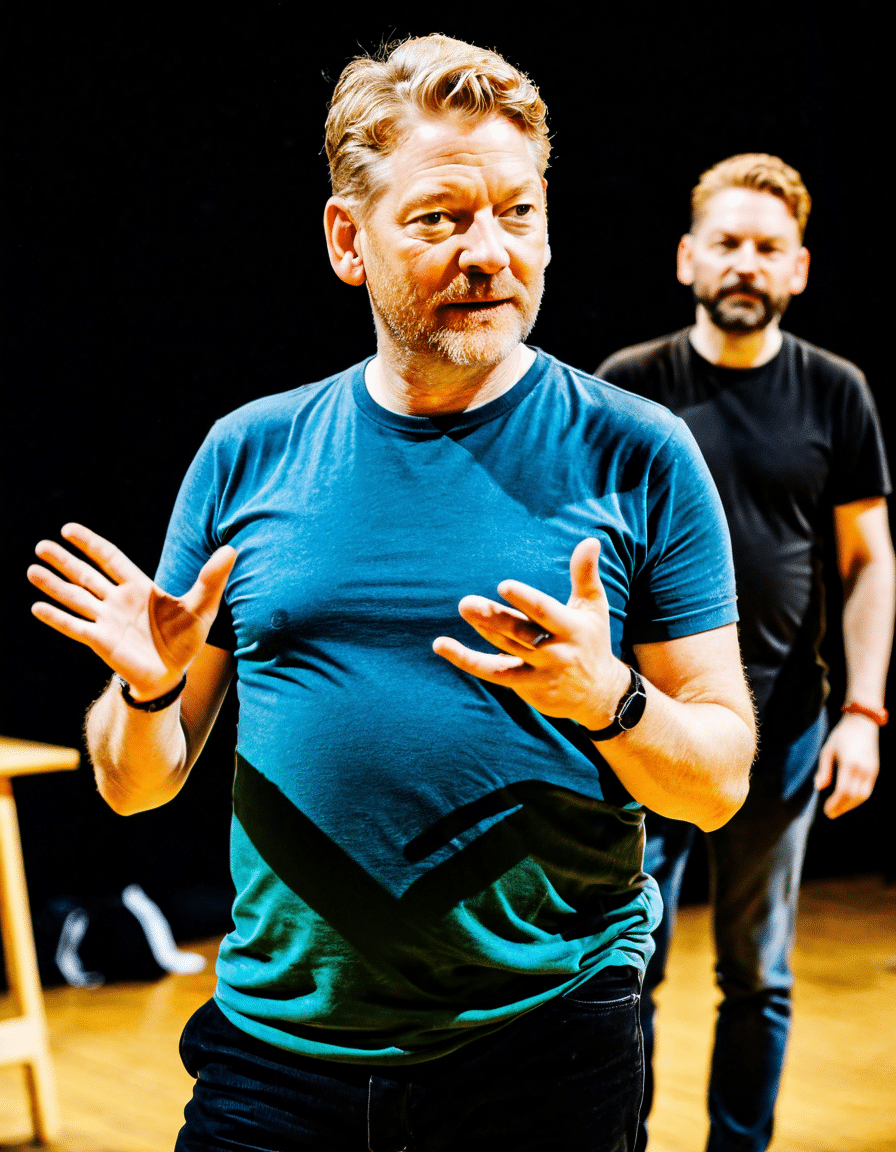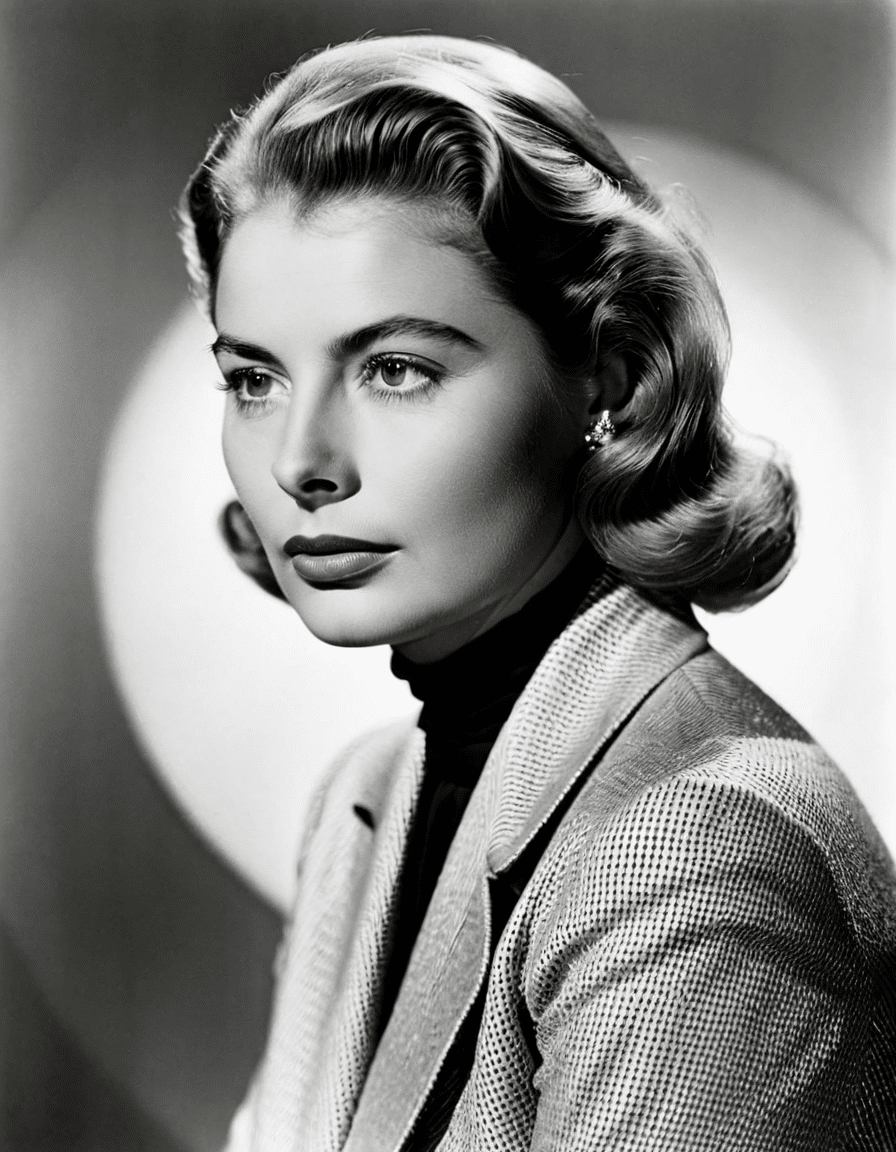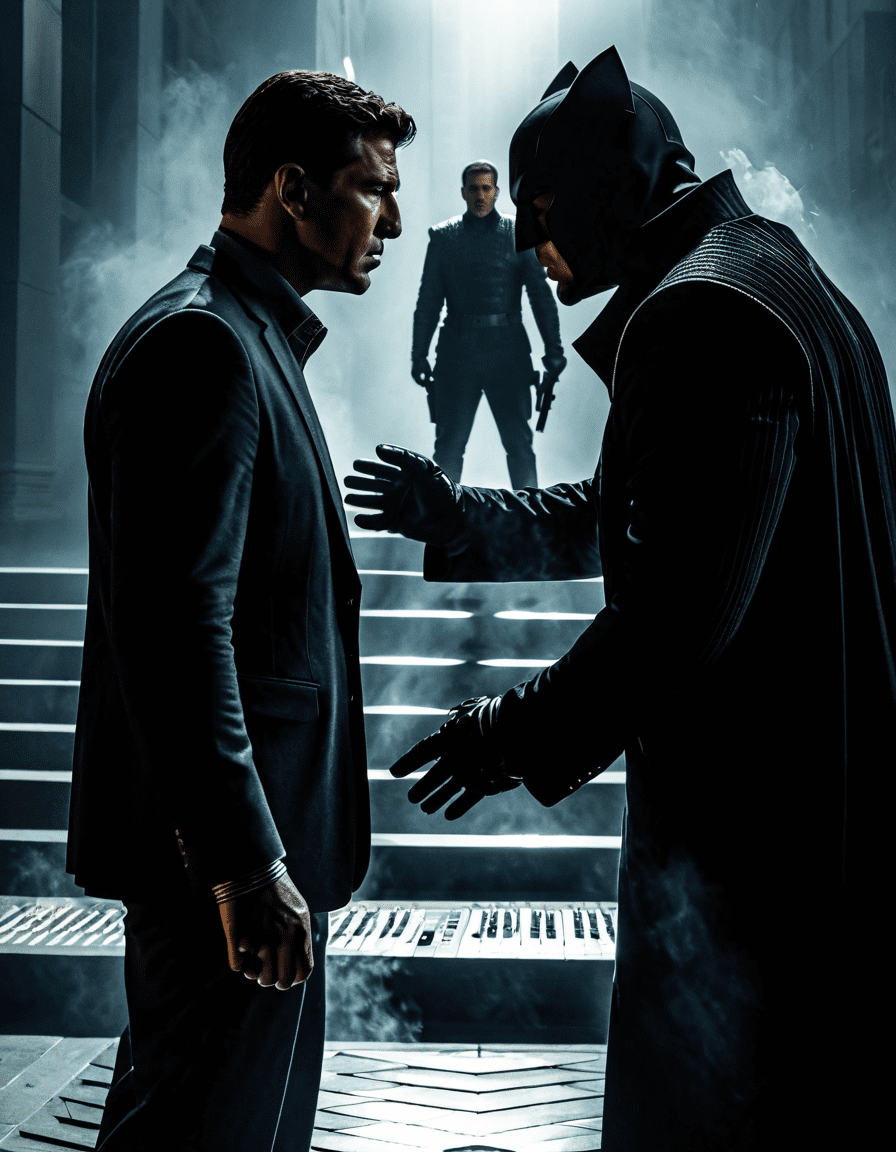It’s safe to say that Kenneth Branagh is a major player in breathing new life into Shakespeare’s works on film. From his stunning debut with “Henry V” in 1989, Branagh has mesmerized audiences with his adaptations that resonate like a Shakespearean sonnet itself. By blending traditional theater with cinematic flair, he’s elevated the Bard from dusty books on shelves to vibrant, story-driven cinematic experiences. So, let’s dive into how Branagh’s journey has reshaped Shakespeare’s legacy in film, one epic adaptation at a time!

The Evolution of Kenneth Branagh’s Shakespearean Adaptations
When you hear “Kenneth Branagh,” think dramatic flair and a bit of British charm rolled into one. His early work, especially in “Henry V,” set a high bar—it was gritty, intense, and beautifully shot. Unlike many period adaptations, Branagh’s takes aren’t just about old-timey costumes and flowing dialogue; they’re filled with a perspective that gives Shakespeare a pulse.
In “Much Ado About Nothing,” he added visual storytelling that captured audiences’ hearts. There’s a scene where the camera sweeps through a sunlit courtyard, which—let’s be honest—could make even a cynic swoon. Then there’s “Hamlet,” which became the longest film adaptation of Shakespeare’s work. Clocking in at an impressive 242 minutes, Branagh didn’t shy away from the depth of the text; he embraced it, inviting us to revel in the rich world of Elsinore.
Moreover, Branagh approached these adaptations with a cinematic lens, incorporating dynamic camera movements and striking color palettes. This doesn’t merely lure viewers in; it captures the essence and vibrancy of Shakespeare’s characters like never before. The footage is as intoxicating as a fine wine, making us feel Shakespeare is alive and well, not just a relic of the past.
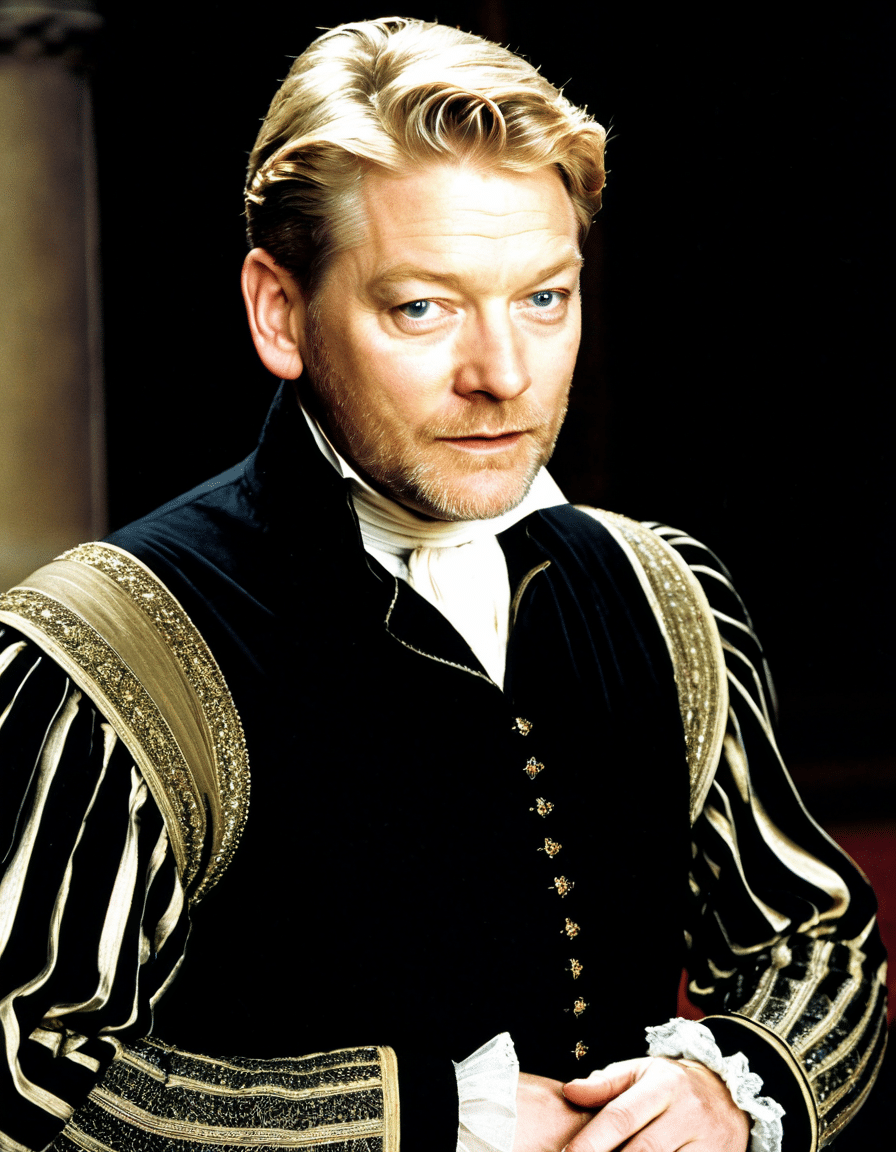
Top 5 Shakespearean Themes Revived by Kenneth Branagh in Modern Cinema
Kenneth Branagh isn’t just a translator of words; he’s a magician, pulling timeless themes from Shakespeare’s literary hat and making them resonate in today’s society. Let’s break down a few of these gems.

Kenneth Branagh: Merging Classic and Contemporary Styles
One of Branagh’s notable talents is the ability to weave Shakespeare’s classic dialogues with modern sensibilities. He transitions fluently between the Elizabethan language and today’s contemporary styles, making the dialogue pop. In “As You Like It,” for example, he integrates a modern soundtrack that complements the historical setting beautifully.
His casting choices are equally refreshing. With a keen eye for up-and-coming talent and seasoned actors, Branagh’s ensembles run the gamut from experienced thespians to fresh faces. This mix not only broadens the film’s appeal but also reflects the diversity of contemporary society. It’s like assembling the perfect cast for a seasonal TV reboot—the right blend creates pure magic! Speaking of cast, check out the recent cast Of reboot movies to see how inclusivity is becoming the norm!
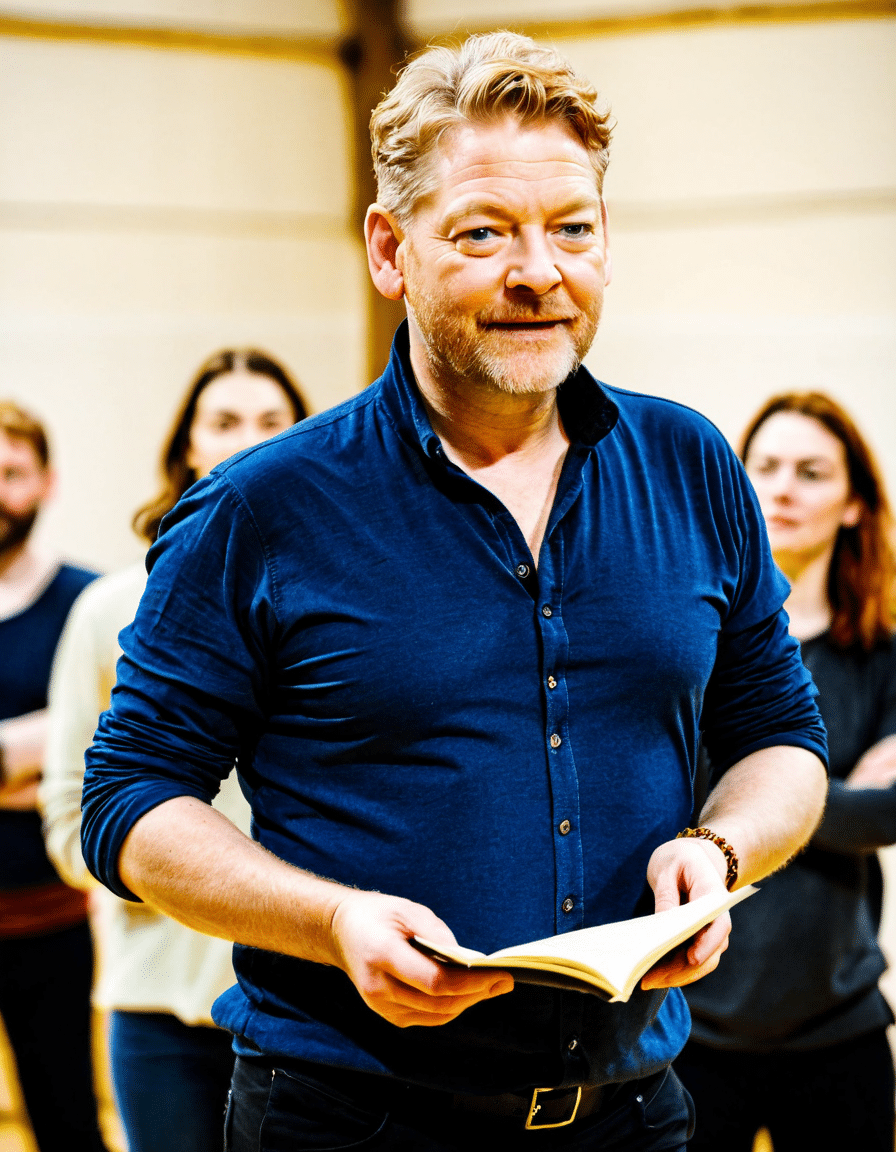
Behind the Scenes: The Craft of Kenneth Branagh’s Adaptation Process
Branagh’s approach to adapting Shakespeare showcases his dedication. He’s not just a director; he’s a scholar, delving into the historical context and collaborating with experts to ensure the integrity of the text. You won’t catch him just throwing words onto a screen—no way!
In interviews, he often emphasizes the importance of staying true to Shakespeare while reimagining scenarios to fit modern contexts. His adaptations maintain the original language’s beauty while deploying creative interpretations that speak to today’s audiences. With every film, he climbs a ladder of visual storytelling, bringing Shakespeare’s whimsies and sorrows right into the heart of contemporary film culture.
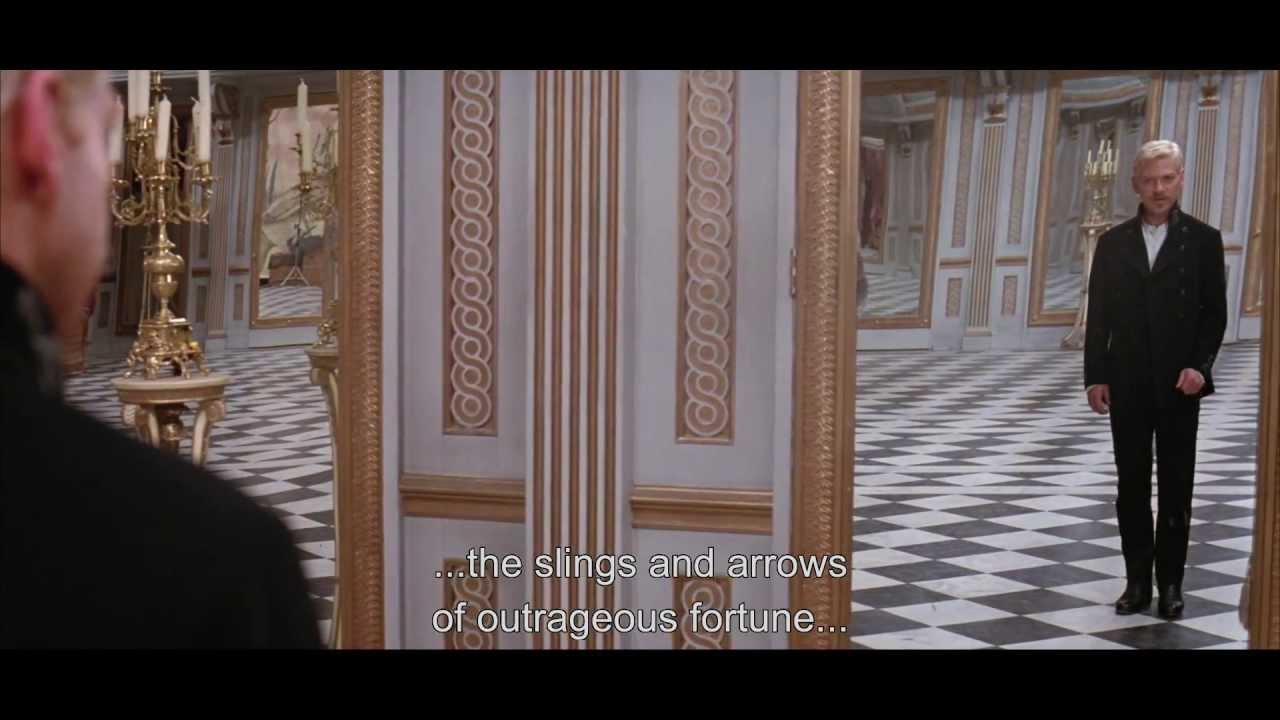
The Future of Shakespeare in Film: Kenneth Branagh’s Influence
As we gaze into the future, Branagh’s stamp on film adaptation techniques is hard to ignore. New filmmakers, like Kevin Macdonald with his take on “Macbeth,” and Emma Thompson’s version of “Twelfth Night,” are drawing from Branagh’s playbook. The influence is profound. They’ve received the baton and are running with it—each film evolving Shakespeare’s legacy even further.
Advancements in technology and changing cultural landscapes mean that the way we engage with Shakespeare is shifting. In the next decade, who knows? We could see adaptations blending animated features or even virtual reality, bringing Shakespeare’s timeless narratives to life in ways we can only dream about.
Embracing the Bard’s Heritage
To say Kenneth Branagh has inspired generations is an understatement. He’s not just reviving Shakespeare; he’s planting seeds of appreciation for the arts that will surely flourish in the years to come. His work bridges the gap between classic literature and modern cinema, packing Shakespeare’s complex characters and themes into vibrant stories that appeal to all of us.
As we reflect on Branagh’s contributions, it’s clear that the man isn’t just bringing Shakespeare to our screen. He’s sparking discussions that encourage audiences to engage with timeless narratives. Whether you’re a Shakespeare aficionado or simply someone who stumbled into a cinema, Branagh’s adaptations ensure that the Bard’s legacy will thrive brightly ahead. What a joy it is to be part of this literary revival!
For those interested in entertainment, check out the varsity blues cast or how Federico Castelluccio has also left his mark in cinema. As we venture forward in the cinematic sea, we can only hope to see more adaptations that keep the spirit of Shakespeare alive, even amidst the hustle and bustle of modern storytelling.
Kenneth Branagh: Inspiring Through His Shakespearean Legacy
A Bard & a Believer in Storytelling
Kenneth Branagh’s journey in cinema is as rich and diverse as the works of Shakespeare he reveres. Surprisingly, did you know Branagh was only 23 when he made his film directorial debut with Henry V? This leap was a game-changer for the industry as it marked a renewed interest in classical theatre and film adaptations. Much like the Forrest Gump cast, Branagh’s ability to assemble a talented troupe has left audiences captivated for decades. His knack for pulling at the heartstrings through powerful storytelling reflects not only his own artistry but also the emotional depth seen in portrayals by actors like Jessica Walter.
Shakespearean Spirit & Beyond
Branagh’s Shakespeare adaptations have often been praised for their freshness and depth. With films like Much Ado About Nothing and Hamlet, he enveloped audiences, breathing new life into the Bard’s work. His passion for Shakespeare resembles the way Frank Zappa revolutionized rock music, blending forms in a way that’s entertaining and thought-provoking. Branagh takes traditional narratives and layers them with contemporary themes, making the classics resonate with modern viewers. You can see a similar depth in the performances found in The Rock cast, where character complexity is at the forefront, inviting audiences to engage on different levels.
A Legacy Built on Passion
Besides his impressive filmography, it’s essential to recognize Kenneth Branagh’s contributions outside the director’s chair. His works often highlight intriguing social issues, echoing the sentiments of public figures like JD Vance—examining personal narratives within larger societal narratives. Branagh’s dual role as a storyteller and an actor creates a meaningful dialogue with audiences, fostering appreciation for the art of theatre and film. As he continues to inspire the next generation, his Shakespearean legacy remains firmly etched in cinematic history, encouraging viewers to explore the depth of language and emotion.
